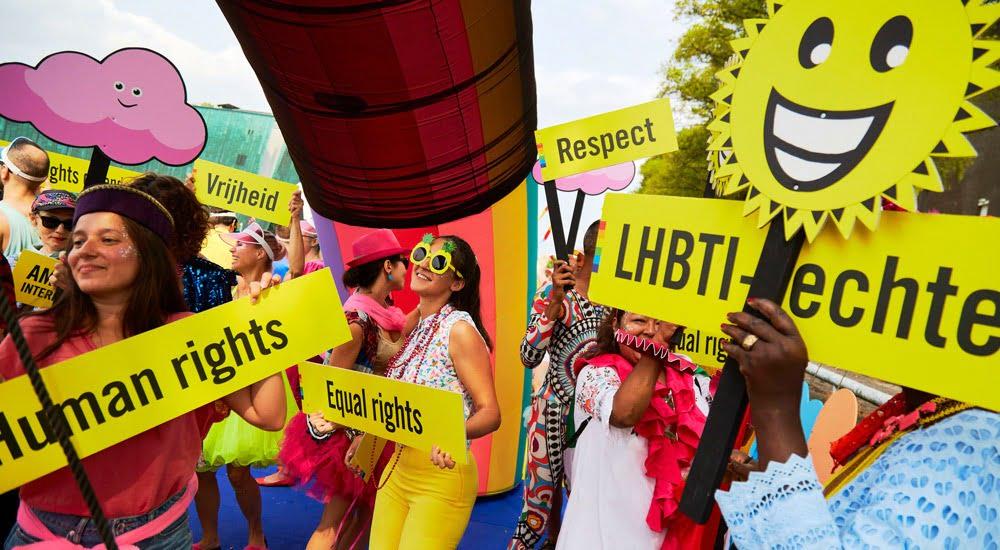This topic examines the role of social movements and grassroots political activism in shaping, including examples such as the women’s suffrage movement, the civil rights movement, and the #MeToo movement.
Political activism and social movements have played a significant role in shaping politics throughout history. Social movements are collective efforts by groups of people to bring about social, political, or cultural change.

These movements can be sparked by a wide range of issues, from civil rights to environmental protection, and often involve grassroots activism, such as protests, rallies, and community organizing.
In this essay, we will examine the role of social movements and grassroots activism in shaping politics. Including examples such as the women’s suffrage movement, the civil rights movement, and the #MeToo movement.
One of the most significant examples of political activism and social movements is the women’s suffrage movement. The movement spanned decades and employed various tactics, from peaceful protests to civil disobedience, to secure women’s voting rights.
The suffrage movement expanded women’s political rights and paved the way for future gender equality movements.
Another key example of political activism is the mid-20th century U.S. civil rights movement. This movement sought to end racial segregation and discrimination and involved a range of tactics, including sit-ins, boycotts, and marches.
The civil rights movement played a critical role in advancing the cause of racial justice and led to significant legal and political reforms, including the Civil Rights Act of 1964 and the Voting Rights Act of 1965.
In recent years, the #MeToo movement has emerged as a significant example of political activism and social movements. Since 2017, the #MeToo movement has raised awareness about sexual harassment and assault, leading to public condemnation of those implicated.
The #MeToo movement has spotlighted sexual harassment and assault, leading to significant changes in workplace policies and cultural attitudes.
A key feature of social movements is using tactics like protests, boycotts, and civil disobedience to bring about change.
These tactics effectively raise public awareness and pressure policymakers to address the movement’s concerns. However, these tactics can also be controversial and may lead to conflict and confrontation with law enforcement or other groups.
Another important feature of social movements and grassroots activism is the role of leadership and organization. Though social movements are grassroots and often lack formal leadership, successful ones often depend on charismatic leaders or organized groups.
Effective organization and leadership can help to mobilize supporters, articulate a clear message, and sustain momentum over time.
Social movements and grassroots activism have historically shaped politics and remain a crucial force for change today.
These movements highlight important issues, mobilize support for change, and push policymakers to address their concerns.
Despite their controversial and confrontational nature, social movements and grassroots activism are essential for advancing social, political, and cultural change. 바카라사이트
